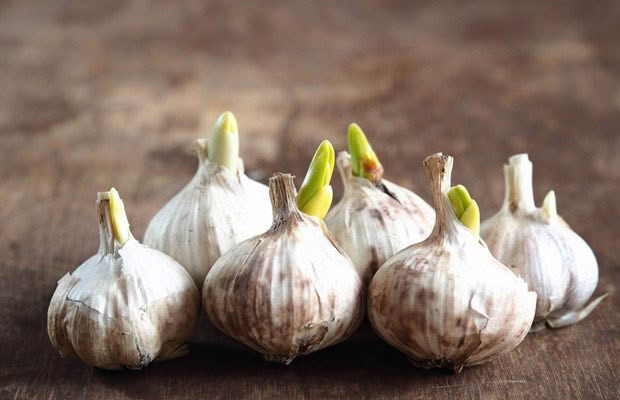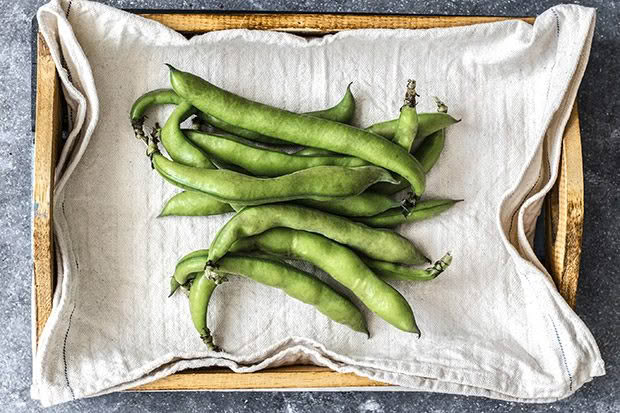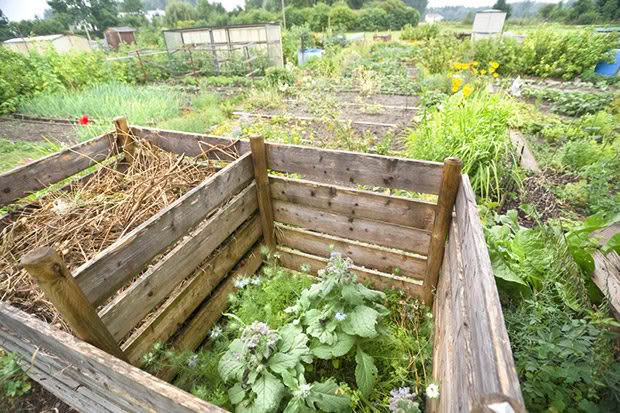Quick tips for your best-ever garden this June

Sow, plant, and compost your way to a bountiful winter garden.
Words: Nadene Hall
1. Sow spinach, silverbeet, radishes, peas, onions, rocket, and winter lettuces.
2. Plant seedlings of broccoli, cabbage, cauliflower, kale, lettuce, spinach, and silverbeet.
3. Plant garlic and shallots. They’re traditionally planted on the shortest day of the year, but you can sow them throughout winter. Shallots need more room than garlic, so space them 15cm apart in rows 30cm wide. Water well after planting; when the soil is dry; and regularly in spring and summer to help the shallot’s shallow root system.
4. Sow broad beans. Traditionally, they’re planted in double rows, about 50cm apart, running north to south to ensure each plant gets adequate sunlight.

5. Talk to your horsey neighbours. Many horse owners do daily collections of manure and are often more than happy to give it away. Winter is a great time to collect trailer loads of manure and create hot compost piles (to kill off seeds and pathogens). While it’s not a highly nutritious compost (NPK, 0.7-0.3-0.60), it contains a lot of organic matter that helps to create healthier soil.
6. Keep your compost cooking. A winter compost heap should sit in full sun, but you may also need to insulate it. Line the bin with thick cardboard or polystyrene, stack hay bales around the outside, or cover it with a tarp or black plastic to prevent heat from escaping.
Compost needs moisture. If you keep your heap covered, or there are dry periods, you’ll need to water it. Good compost should always be just wet enough that you’ll get a few drips if you squeeze a ball of it tightly in your hand.
OTHER GOOD COMPOST OPTIONS TO COLLECT THIS SEASON

• seaweed
• leaf litter
• coffee grounds
• old hay and straw
• manure (except pig and pet manure, due to its high pathogen content)
• untreated sawdust, eg used bedding from stables, calf pens (check it’s not sprayed for bacteria or viruses).
Love this story? Subscribe now!
 This article first appeared in NZ Lifestyle Block Magazine.
This article first appeared in NZ Lifestyle Block Magazine.
